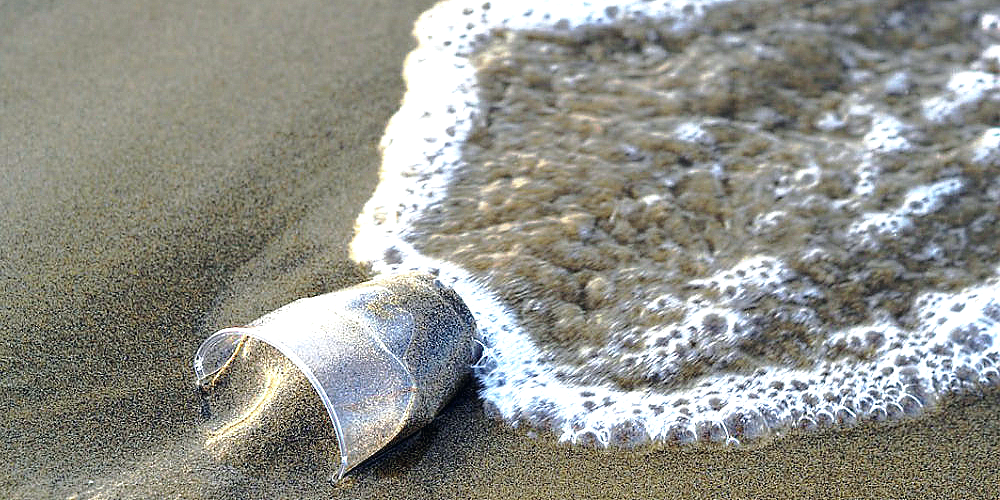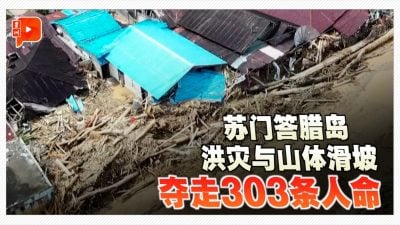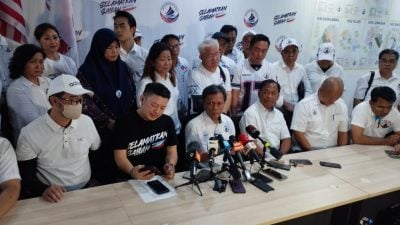
Hundreds of delegates from across the globe gathered in Jakarta on Tuesday to discuss the impacts of plastic pollution on the world’s oceans as well as regional goals and policy actions to mitigate the issue, while pushing for an international agreement to solve the issue in line with ASEAN principles.
The 2023 ASEAN Conference for Combating Plastic Pollution (ACCPP), which saw the attendance of delegates from both the public and private sectors, hosted discussions on drafting an international treaty to address marine debris, officials said.
The talks were an important milestone for ASEAN member states to get on the same page, acting coordinating maritime and investment minister Erick Thohir said in his opening remarks, citing 2016 data that showed six ASEAN countries were among the world’s top 20 marine polluters.
While measures had been taken to mitigate the problem, continued Erick, ASEAN countries had been struggling with funding and infrastructure.
He said this situation heightened the need to advance the negotiations currently underway at the United Nations Environment Assembly (UNEA), on an internationally legally binding instrument by 2024 to end plastic pollution.
Dubbed the “plastics treaty,” UNEA agreed last year to push for the pact that seeks to address marine debris through regular debate on possible solutions and frameworks, and by solving contentions.
The next session is slated for November in Nairobi, Kenya.
Reports on the negotiations thus far has noted contention between developed countries and developing nations: the former suggested a bottom-up approach by which countries determined their commitments based on local capacities, while the latter called for more contributions from wealthier nations based on their contributions to marine debris.
Most ASEAN countries are deemed developing economies and comprise coastal and archipelagic countries vulnerable to marine plastic waste.
Member states must reach a “common understanding” in their stance on the issue so their economic interests would not be hurt by impending policies, said an official from the Office of the Coordinating Maritime Affairs and Investment Minister.
“ASEAN countries must stand in our position. We don’t want to be influenced by [other] developing countries with their [policy of banning] plastic of anything of the kind,” Rofi Alhanif, assistant deputy for waste and sewage management at the ministerial office, said on Monday, as quoted by Antara.
The ACCPP, hosted in Jakarta, also comes at the midpoint of the regional grouping’s long-term plan to combat marine debris by 2025, which includes priorities such as policy support and planning, innovation and capacity building and private sector engagement.
Erick reasserted the Indonesian government’s “strong national commitment” to reduce its marine debris by 70 percent by 2025 at the one-day conference on Tuesday.
In 2018, President Joko “Jokowi” Widodo signed a presidential regulation intended to serve as a national action plan for ministries and state institutions to achieve the 2025 marine debris goal.
The plan also serves as a reference for citizens and the private sector to contribute to accelerating the marine debris reduction program.
“We recognize that more hard work lies ahead to reach our ambitious target in the next two years,” Erick said.
“For this reason, strengthening cooperation [between] various parties and [increasing] the support of partner countries is very important,” he said.
ADVERTISEMENT
ADVERTISEMENT








































